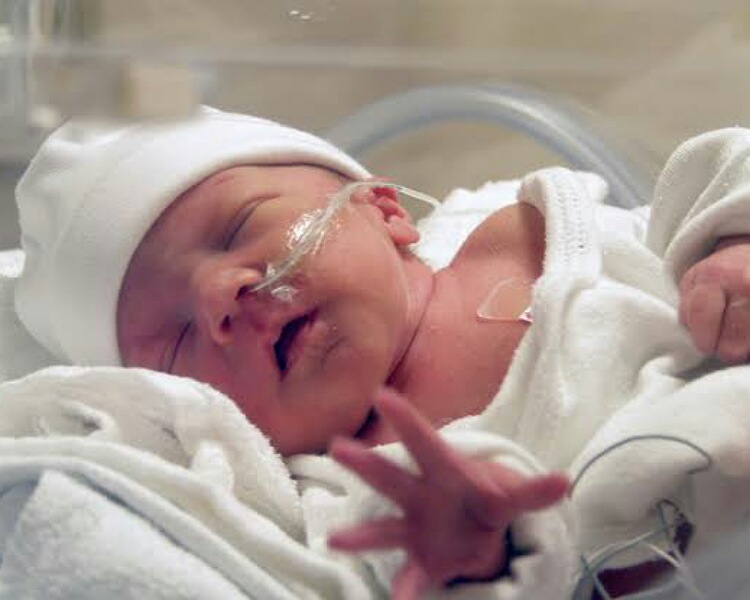Post-discharge nutrition in premature babies is very important. The babies require enriched and fortified feeds for best outcomes, says a new meta-analysis that the journal NeoReviews published recently.
Post-discharge nutrition and preterm babies
Premature babies come out of the protected womb earlier. Hence they need more and better nutrition to compensate for what they missed out. In the neonatal intensive care units where they get care after birth, they get additional and better nutrition.

But after discharge from the neonatal units, this nutrition might suffer. Post-discharge nutrition is of utmost importance. A new meta-analytic article states that the babies require more and healthier foods. The journal NeoReviews of the American Academy of Pediatrics published it. Mere breast milk or formula feeds might not suffice. One of the authors, Jan Sherman, professor at the MU Sinclair School of Nursing, says:
“Every baby deserves the best possible care we can provide, and every parent wants the best outcome for their baby, so providing optimal nutrition is very important to us,”
“The dietary choices that providers make for these infants is very important given that early nutrition is crucial for positive health outcomes later on in life.”
The study “Post-discharge nutrition in preterm infants”
Titled “Post-discharge nutrition in preterm infants”, in the study the authors analyzed more than 27 randomized trials of the world that had a total of 2000 babies. Besides Jan, Alan Lucas, professor from the University of Oxford, UK did this analysis. Studies were from the USA, Europe, Asia, and also Africa.

The authors found that nutritional fortification of human breast milk or nutrient enrichment of formula feeds after discharge led to better size, weight, physical health and neurocognitive development of the preterm babies. These babies weighed more with larger heads and brains and stronger bones. Research in this direction is yet incomplete. But some studies have shown that better growth in these babies with nutrient dense feeds also benefits better cognitive development.
Expert views
Also, read Is there really a need for three meals in a day?
Jan is a Neonatal Nurse Practitioner (NNP) and has experience in statistical analysis. She has been working in the NICUs since last 40 years and has first hand knowledge about the health issues of these preterm babies especially after they get discharge home. On the other hand, Alan has been doing research on nutrition of these premature and underweight babies for nearly 45 years.

He opines:
“This new research-based review can help providers decide on the best nutritional care for premature babies after they are discharged from the NICU,”
“Breast feeding is the preferred way of feeding these babies, but whether they are breast or formula fed, we hope that this review will also help providers to appraise optimal levels of nutrients used for this important group of babies. It has also been questioned whether such nutrient-enriched diets would put these babies at potential risk of cardiovascular disease. However, the studies reviewed did not support this concern.”
